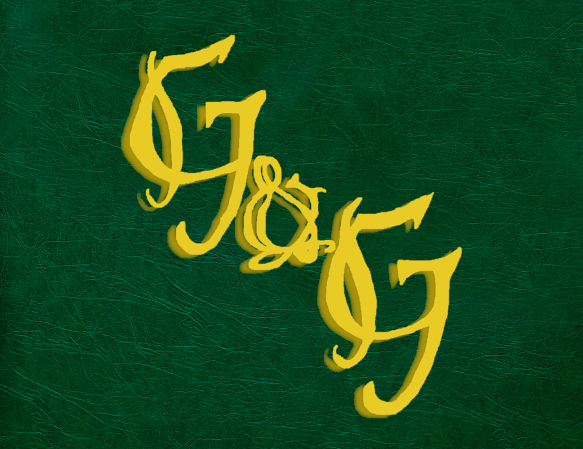Spellcasting without Slots for D&D 5e
Spell slots, as I've said before, are a weird and clunky concept. Somehow, casters have clearly defined slots on their spirit or mind that hold spells of a certain level only, no higher. It is possible to work around this with various alternate spell point systems, like the optional rules in the DMG, or even my own version, here: https://www.ofgodsandgamemasters.com/blog/an-optional-system-for-prepared-spellcasting
But honestly, that's still a bit of a kludge. What if we could devise a system that still puts reasonable limits on spellcasting, but isn't some arbitrary resource management system? A system that might tire the caster, or hurt the caster, or even cause the caster serious mental distress if things go wrong?
Let's see what we can manage.
The core of the idea is really simple, and has similarities to the drain system used by Shadowrun. You cast a spell, then roll to resist the draining effects as you work to draw energy from the environment, and make up any difference from your own reserves. In this system, the actual casting remains the same, with rolls to hit or saving throws as per the spell. No spell description needs changing. Likewise, the ways classes get access to, and prepare their spells, also remains the same. You get 3rd level spells when you normally would, etc.
After casting, instead of marking off that you've used a spell slot, you make a saving throw, using the save associated with your casting stat. Wizards and artificers save with Intelligence, Sorcerers and Bards with Charisma, Clerics and Druids with Wisdom, etc. The DC would be set, perhaps, at 10 + the level of the spell being cast (including upcasting, which might not require you to have access to those levels of spells yet if you want to be really daring). Thus, a ninth level spell would be DC 19. A 17th level character is probably sitting at a +11 or more at that point, to their save in their casting stat, meaning they'd need an 8 or better, a 65% chance, to cast the spell without consequence. If you allowed casting foci to help, they might get to +14, needing a 5 or better, for an 80% chance of success. At 1st level, even with generous stats, the caster might have +7. That means for a zero level spell they need a 3, and for a 1st level spell they need a 4. 90% and 85 % success rate, respectively. For the consequence of failure, the simplest effect might be a level of exhaustion. But even a success might lower your bonus to the save, just for spellcasting purposes, by 1, for each spell you've cast between short rests. So the more spells you cast, the more risky it becomes. And if you want a really dark situation, perhaps each failure costs a hit die that could otherwise be used during a short rest to heal, or the caster could offset the exhaustion they received, by spending a hit die, representing burning their own life force for power. Even nastier, is every spell costing a point of necrotic damage that doesn't heal except on a long rest . . . for every level of the spell. In that case, the save might not negate it, but only cut the necrotic damage in half, like nearly every other save. Even with maxed out saves, there's always that 5% chance of paying the full cost. In settings where magic is unnatural and dangerous to your sanity, you might consider using the optional Sanity system in the DMG, and make Sanity (Arcana, Nature, or Religion) checks or Sanity saving throws, to resist the after effects of a spell, costing 1 sanity point on a failure, and gaining a short term madness when you reach half Sanity, a long term madness at a quarter Sanity, and an indeterminate madness at 0 . . . possibly combined with the necrotic damage above if you want to be truly evil.

